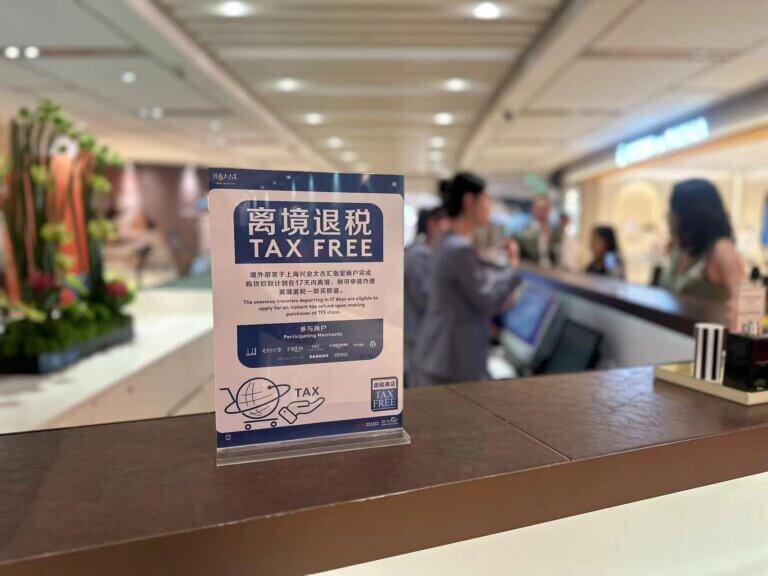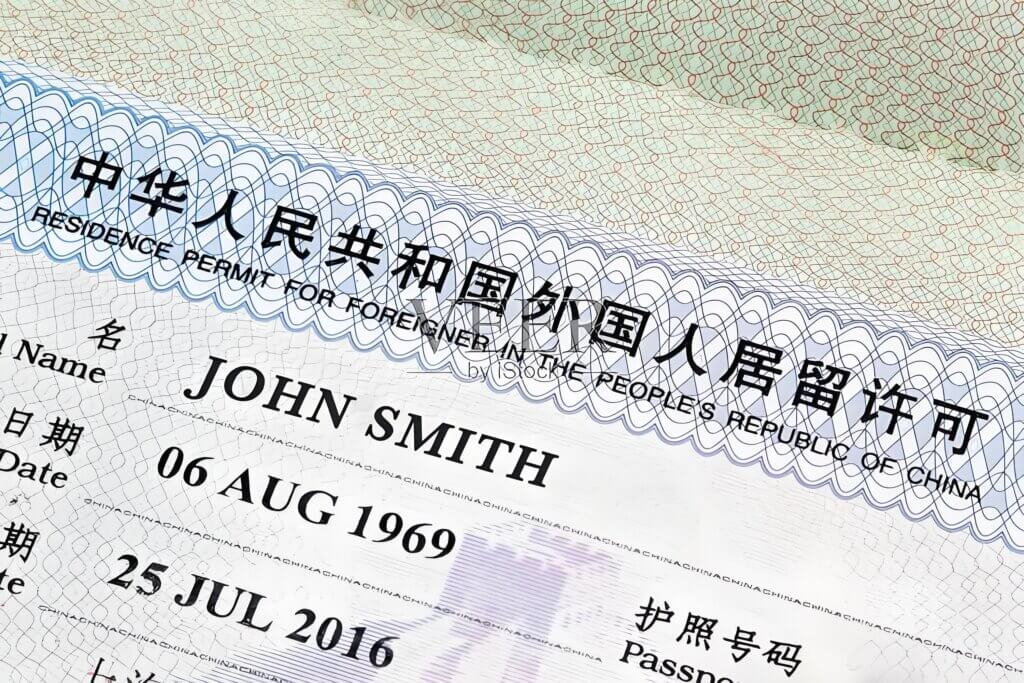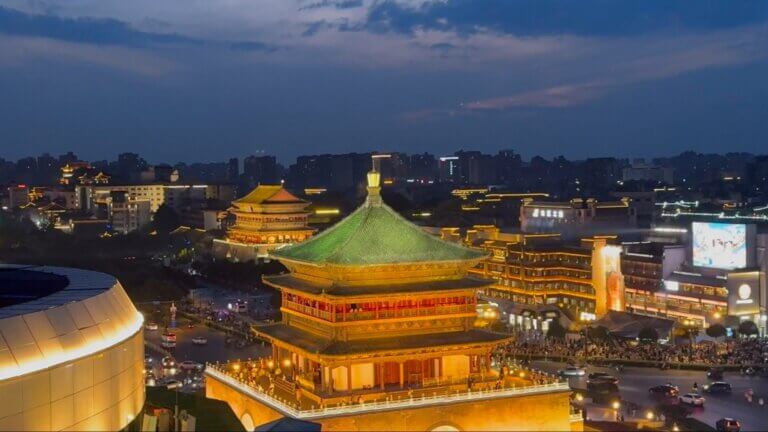China’s 72/144-hour transit visa-free policy is a game-changer for international travelers looking to explore the country during layovers. This policy allows eligible passengers to stay in designated Chinese cities for up to 72 or 144 hours without needing a visa, making it easier than ever to experience China’s rich culture, history, and modern attractions. In this comprehensive guide, we’ll delve into the origins of this policy, the cities where it applies, the nationalities eligible, and other essential tips for travelers.

The Origins of China’s 72/144-Hour Transit Visa-Free Policy
China introduced the transit visa-free policy to boost tourism, facilitate international travel, and promote economic growth. The 72-hour version was first piloted in Beijing and Shanghai in 2013, and due to its success, it was expanded to include more cities and extended to 144 hours in certain regions. The policy is designed to encourage travelers with layovers in China to step out of the airport and explore the country’s vibrant cities, contributing to local economies and fostering cultural exchange.
The 144-hour policy, implemented in 2019, offers even greater flexibility, allowing travelers to visit multiple cities within a specific region during their stay. This extension has made China a more attractive destination for transit passengers, particularly those traveling between Asia, Europe, and the Americas.
Cities and Regions Eligible for 72/144-Hour Visa-Free Transit
Not all Chinese cities offer the 72/144-hour visa-free transit option. The policy is available in major international hubs and selected regions. Here’s a breakdown:
72-Hour Visa-Free Cities:
- Beijing
- Chengdu
- Chongqing
- Dalian
- Guangzhou
- Guilin
- Kunming
- Shanghai
- Shenyang
- Wuhan
- Xi’an
- Xiamen
144-Hour Visa-Free Regions:
- The Yangtze River Delta Region (including Shanghai, Jiangsu, and Zhejiang)
- The Beijing-Tianjin-Hebei Region (including Beijing, Tianjin, and Hebei)
- The Pearl River Delta Region (including Guangzhou, Shenzhen, and Zhuhai)
- Liaoning Province (including Shenyang and Dalian)
These regions allow travelers to move freely within the designated area during their 144-hour stay, making it possible to explore multiple cities without additional visa requirements.
Eligible Nationalities for China’s Transit Visa-Free Policy
The 72/144-hour visa-free transit policy is available to citizens of 53 countries, including:
- All European Union member states
- The United States
- Canada
- Australia
- New Zealand
- Japan
- South Korea
- Singapore
- Malaysia
- Brazil
- Argentina
- Chile
- And several others
Travelers must hold a valid passport and an onward ticket to a third country or region, departing within 72 or 144 hours. The policy applies only to air travelers and does not extend to those arriving or departing by land or sea.
Key Requirements and Restrictions
While the transit visa-free policy is convenient, there are specific requirements and restrictions to keep in mind:
- Onward Ticket: You must have a confirmed ticket to a third country or region, departing within 72 or 144 hours of your arrival in China.
- Eligible Ports of Entry: The policy applies only to designated airports in the eligible cities or regions. For example, in Shanghai, you must arrive at Pudong or Hongqiao International Airport.
- No Visa Required: You cannot already hold a valid Chinese visa. If you do, the transit visa-free policy does not apply.
- Registration: Some cities may require you to register with local authorities within 24 hours of arrival. Check the specific requirements for your destination.
- Travel Insurance: While not mandatory, it’s highly recommended to have travel insurance covering medical expenses and emergencies during your stay.
Other Essential Tips for Travelers to China
- Currency and Payments: The official currency in China is the Renminbi (RMB). While credit cards are accepted in major cities, cash is still widely used, especially in smaller towns. ATMs are readily available, and currency exchange services are offered at airports and banks. Budget around 50−50−100 per day for meals, transportation, and attractions, depending on your travel style.
- Language Barrier: English is not widely spoken outside major tourist areas. Download a translation app or carry a phrasebook to help with communication.
- Internet Access: China’s internet is heavily censored, and many Western websites (e.g., Google, Facebook) are blocked. Consider using a VPN to access these services. Alternatively, purchase a local SIM card for mobile data.
- Transportation: China’s public transportation system is efficient and affordable. High-speed trains connect major cities, while metros and buses are convenient for getting around urban areas. Taxis and ride-hailing apps like Didi are also widely available.
- Cultural Etiquette: Familiarize yourself with Chinese customs, such as using both hands to give or receive items, avoiding sensitive topics in conversation, and respecting local traditions.
Conclusion
China’s 72/144-hour transit visa-free policy is a fantastic opportunity for travelers to experience the country’s diverse culture and attractions during a layover. With a wide range of eligible cities and regions, as well as straightforward requirements, this policy makes it easier than ever to explore China without the hassle of obtaining a visa. Whether you’re strolling through Shanghai’s Bund, marveling at the Great Wall in Beijing, or savoring dim sum in Guangzhou, this policy opens the door to unforgettable adventures.





